
The European Commission has expanded its Guidance Note on how COVID-19-related humanitarian aid can be provided to countries and areas around the world that are subject to EU restrictive measures (sanctions).
The Guidance now also has self-standing chapters on Iran and Venezuela. The aim is to give practical guidance on how to comply with EU sanctions when providing humanitarian aid, in particular medical assistance, to fight the COVID-19 pandemic. The Guidance clarifies the responsibilities and the processes for the provision of this aid in order to facilitate activities of humanitarian operators in Iran and Venezuela, and the channelling of equipment and assistance to fight the pandemic in these countries.

Valdis Dombrovskis, Executive Vice President of the European Commission for An Economy that Works for People (Photo: Aron Urb)
Valdis Dombrovskis, executive vice-president for An Economy that Works for People, said: “Only with a joint and coordinated effort can we address the critical challenges that the COVID-19 pandemic poses. The European Commission is fully committed to facilitating the provision of much-needed aid to countries and areas around the world that are subject to EU sanctions.”
Josep Borrell, high representative of the Union for Foreign Affairs and Security Policy/Vice-President for a Stronger Europe in the World, said: “EU sanctions and humanitarian assistance are in no way incompatible. EU sanctions are fully in line with all obligations under international law. They allow for exceptions, which can include provision of humanitarian assistance. Today’s Guidance Note provides the necessary reassurance to humanitarian operators in these challenging times.”
Janez Lenarčič, commissioner for Crisis Management, has also previously stated: “Sanctions should not impede the delivery of humanitarian assistance, including medical assistance, in line with International Humanitarian Law. Providing clarity is a step forward to addressing the many challenges humanitarian organisations face to deliver assistance on the ground, in such challenging contexts.”
The fight against the COVID-19 pandemic is an unprecedented challenge that requires global unity, cooperation, solidarity and compassion. While no country is spared, complex political or economic situations and ongoing conflicts in certain areas of the world add to the devastating effects that the pandemic has on the population in those countries.

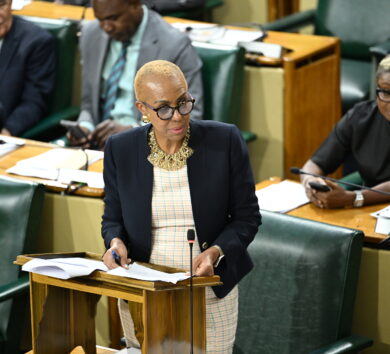
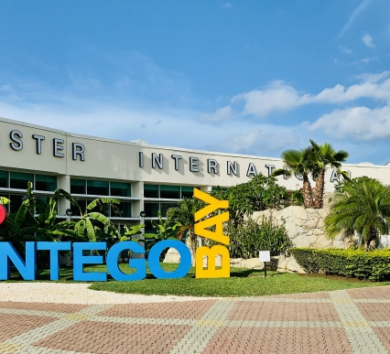

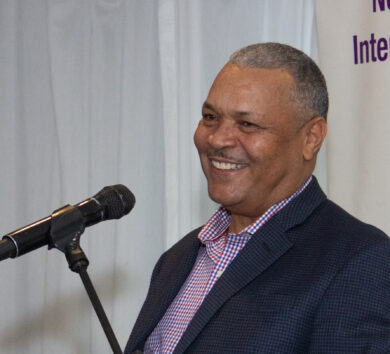
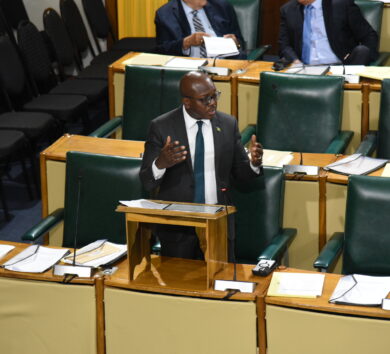
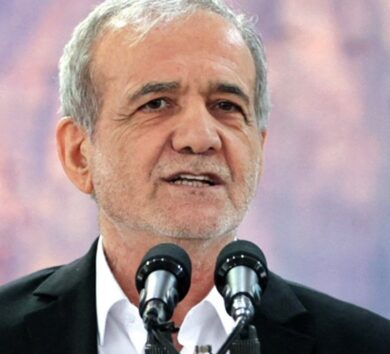
Comments